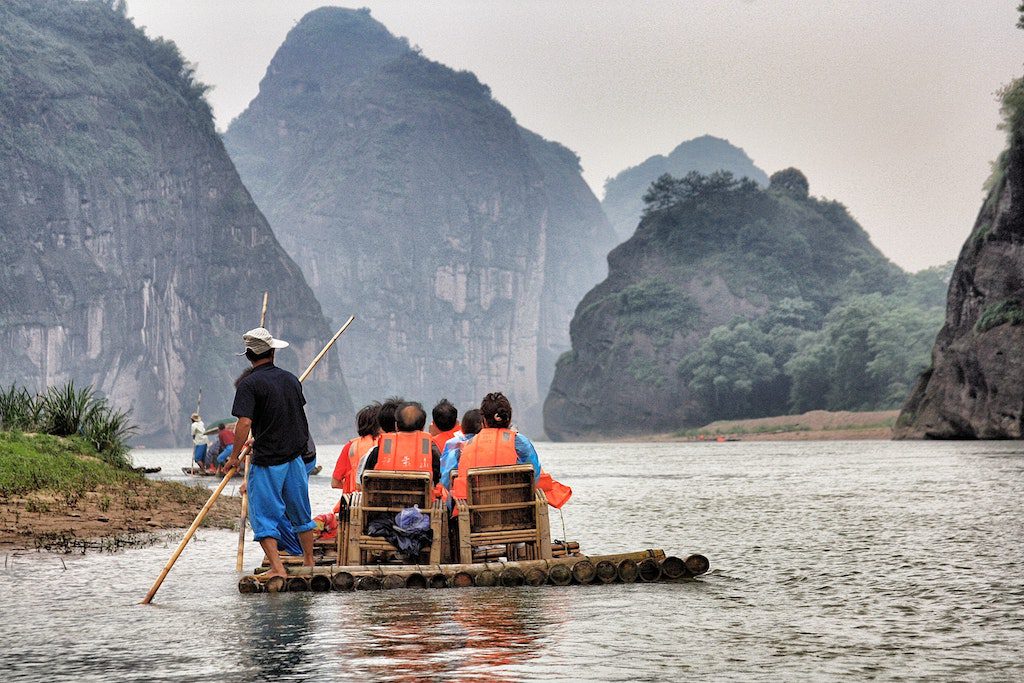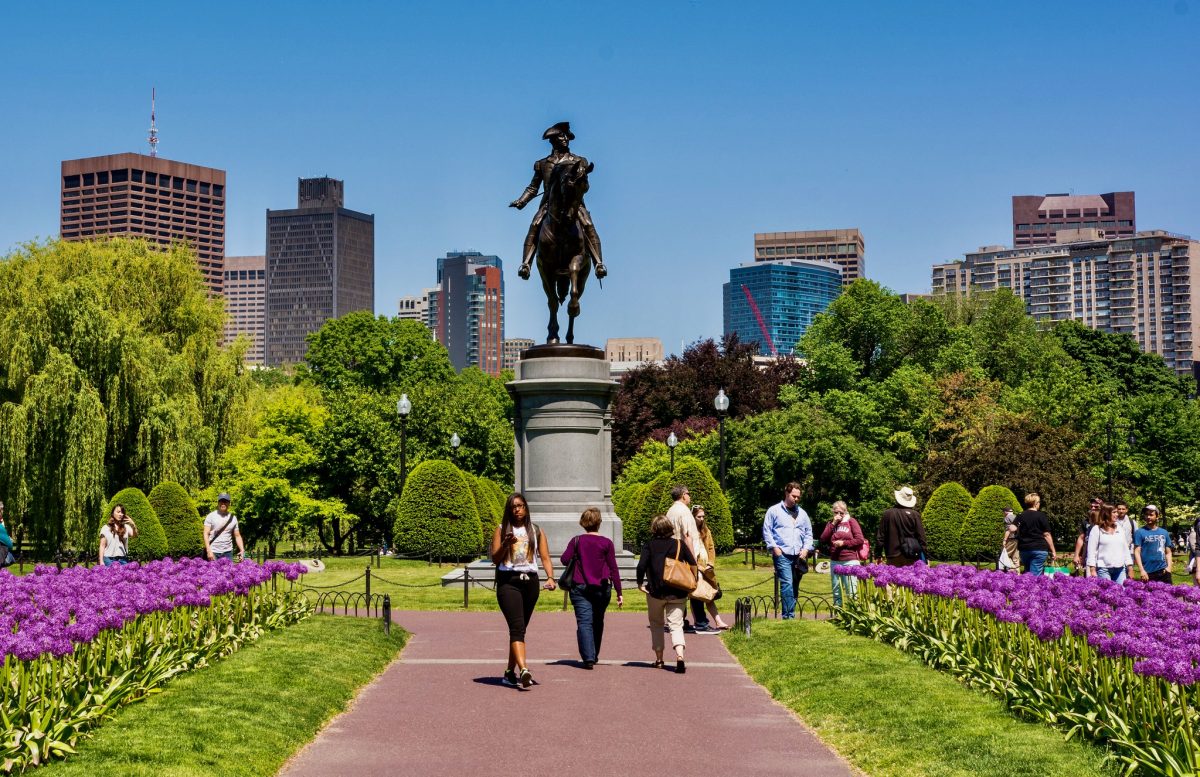Tourist Guides Will Be the Earliest Enforcers of Safety Measures in Travel

Skift Take
No part of the tourism value chain has been unaffected by the pandemic, with tour guides possibly among the worst hit.
"The very first job to stop is our job. Then the last job that will open is our job," Baris H. P. Kavala, a tourist guide in Turkey, states soberly.
And now, as the world inches toward reopening, tourist guides — many of whom are freelance, and virtually all of whom have been without work over the past few months — find themselves with a new responsibility on their hands: figuring out how they will do their jobs safely and make sure visitors follow health and safety protocols in the countries they visit. For a profession that was shifting to maintain its relevance in a world of apps and self-guided tours, this is another change that requires adaptation.
Alushca Ritchie, president of the World Federation of Tourist Guide Associations, said that in many cases guides are facing this new responsibility on their own.
Get the Latest on Coronavirus and the Travel Industry on Skift's Liveblog
"What we are finding is that there's a gap with communication between tourist guiding sector and the destinations. So although the destinations are opening borders, they are not assisting with potential tourists and visitors in gaining their trust to use a tourist guide," Ritchie said. "Right now the guide is your ambassador in helping with sharing the health protocols and assisting the visitor with 'do this but don't do that.'"
In many countries, tourist guides are a government-regulated profession. Ritchie said that roughly 35 percent of the association's members come from such nations. For guides like Kavala — who is also the president of Turkey's History Tourism Culture Guides Association and the west Asia representative for the WFTGA — the seasonal and freelance nature of guiding does not mean he and his colleagues will simply find another profession when times get tough. It's a profession that many guides pride themselves on.
"Tourist guiding in Turkey is a little bit heavier than other countries," Kavala said. "We have 27 different civilizations that lived in Turkey. If you want to be a tourist guide here you need to know all these civilizations at the minimum level."
Instead of having no work when the shutdown happened, Kavala said "it became the opposite — now we are working more but without making money."
The work he and his colleagues have been doing is taking their profession online, by building YouTube channels, Instagram content, and even Zoom seminars (some even paid) to reach their audience. In a way, he said, the pandemic has forced these guides to bring themselves more online, which is a positive in that it will prepare them to book more business without the help of agencies in the future.
Fortunately, Turkey provided financial assistance to its tour guides in the form of low interest loans, and Kavala said he expects to receive some training or guidance from the government tourism ministry on how to operate safely when the time is right. But he still expects that tour groups will be smaller, prices higher, and overall visitors lower for the foreseeable future.
But the picture is even less rosy in countries that have not provided any financial assistance to guides siting out the pandemic, Ritchie said.
"It's important to note that although borders are opening and destinations are focusing on regional and domestic travel, that still doesn't necessarily equate to work for the tourist guides," Ritchie said. "2020 from an income generating perspective for many countries for many tourist guides is something that's just not going to happen ... we're going to lose a lot of our knowledge and experience as tourist guides will find other work and commitments and income generating projects. We're worried about the supply when tourism does hit the ground in 2021."
For those tourist guides who do stay in the profession, they will be facing a new set of challenges upon return. Ritchie said the WFTGA has a working group that is putting together health and safety protocols that are specifically geared around guiding. These will incorporate the common public health guidance like face coverings and the proper amount of space to leave between tour participants, but also more specific concerns such as proper disposal of masks after a tour and how to guide hearing-impaired folks who can't read lips when face coverings are used.
GetYourGuide is also aware of this new strain put on tourist guides. The company — which is a tour booking platform as well as offering its own brand of white label tours — is taking steps to support guides in this new role.
"It's no longer enough for [tour guides] to be stewards of local culture; now, they've got to act as enforcers of local public health and safety standards as well," Mathis Boldt, vice president of global sales and supply at GetYourGuide, told Skift. "We're focusing on serving as a strategic partner to tour companies, as they learn to play this new role without compromising their storytelling."
The company is working to translate lengthy government guidelines into simpler formats so guides can stay compliant. It's also creating a mandatory seminar that all guides who lead GetYourGuide's white label Originals tours will have to complete in the coming months. The certification will then be more broadly rolled out to the company's network of suppliers.
Though it is a tough time for the profession as a whole, Ritchie hopes that tourist guides' new role as public health enforcers as well as storytellers will help elevate the profession in a time when it's more tempting than ever to rely on a smartphone to be your guide.
"When you take it back centuries and decades ago when tourist guides were actually the storytellers — how do you get that through an app?" Ritchie asked. "It's basically adding value to the experience by using the actual person, by using the tourist guide."




